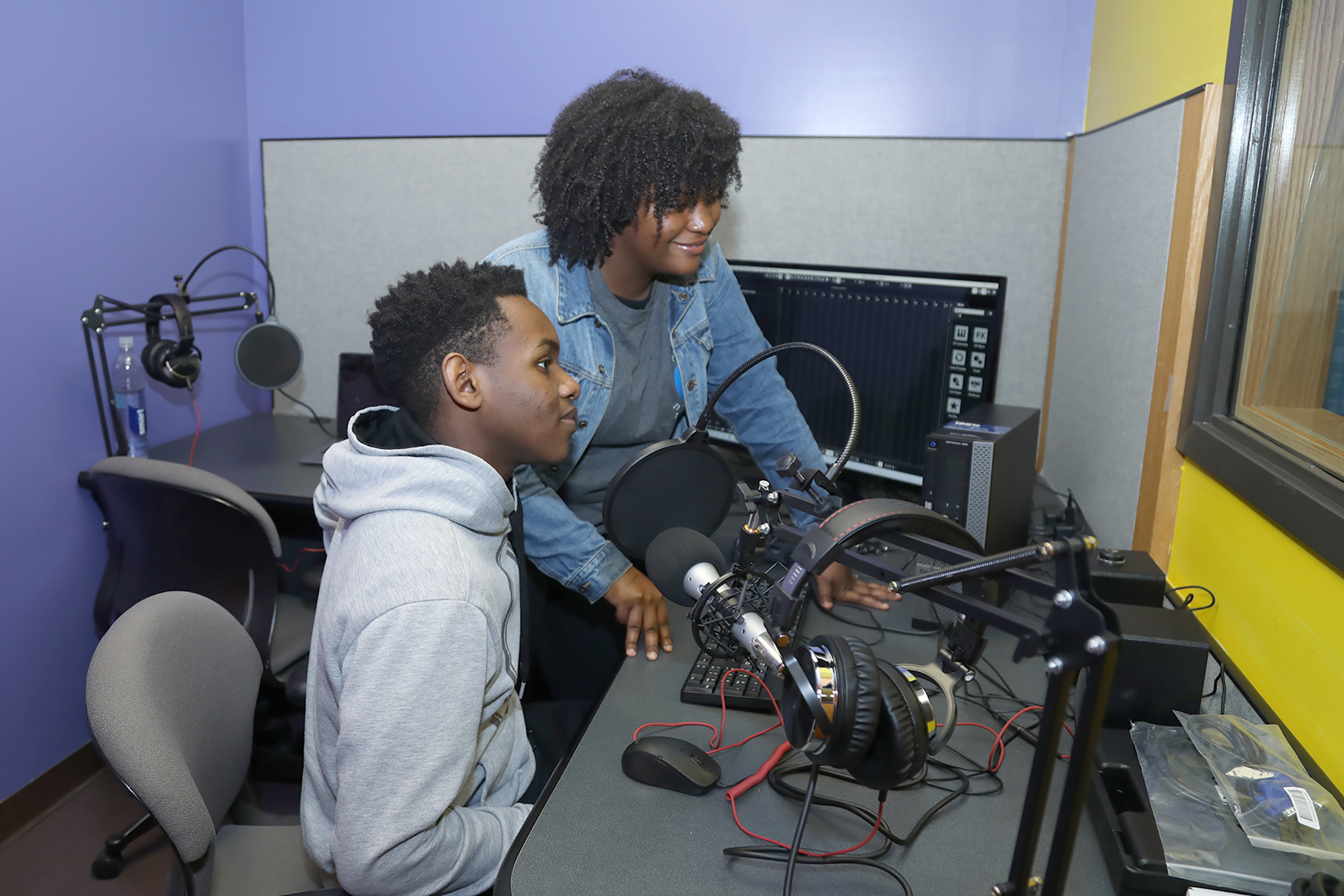
Story Snapshot
State : Massachusetts
Level : P-12, Postsecondary
Community Type : Urban
Related Tags : Digital Equity
Related Stories
Digital Equity Champions for All Learners: The Urban League of Springfield, Inc. Leverages Trusted Relationships with the Community to Advance Digital Equity
The Urban League of Springfield, Inc. (SUL), is a civic organization empowering the African American community of Greater Springfield, MA. The organization provides various services for youth and families, including advocacy, academic and social-emotional development, career services, and financial literacy.
In Springfield, consistent access to technology with up-to-date software and digital literacy are barriers to digital equity. For example, families might not have home access to a computing device suitable for conducting simple tasks and business. Families might also need support to understand how to utilize software or hardware to meet their needs.
Therefore, since 2009, in partnership with Comcast, SUL operated a computer lab onsite and offered digital skill-building opportunities to students. In 2020, SUL re-launched the space as the Digital Learning Lab, which provides device access and an intergenerational learning space for community members to learn how to use technology. Trained staff offer technology tutorials for parents, grandparents, and seniors. Youth programming helps students build on what they know – deepening their digital, information, and media literacy, learning to use different software to create and collaborate, and developing other skills for postsecondary success.
James Lightfoot, SUL’s director of youth and education programs, reflected on the importance of cultivating relationships and listening to community members. SUL’s “familial” approach includes welcoming everyone in and showing them “the Urban League is theirs,” Lightfoot shared. The organization’s reputation as a trusted source of information and service provider empowers community members to openly share what they need with staff. “It’s an organic process… they do trust [us],” Lightfoot stated, “And they know that we will do everything we can to… make sure their needs are met.”
In addition, SUL has leveraged partnerships to advance digital equity. “You can be a learning community amongst one another and know where your strengths lie and where others’ [lie],” Lightfoot explained. Collaborations with other organizations have expanded SUL’s capacity and resources. For example, SUL works with University of Massachusetts Amherst to recruit student volunteers who assist programming. Speakers from local community colleges also engage youth to provide exposure to opportunities in technology.
As a result of SUL’s efforts, both youth and adults are better able to access and use technology and digital resources to enhance their learning and achieve their goals. For example, a group of students are learning how to develop a podcast and acquiring critical skills such as problem-solving, communication, and collaboration through the process. Further, when community members call SUL for help connecting to other services, the organization invites them to the lab to learn how to leverage technology to access relevant information and resources themselves.
When asked what advice he would give state digital equity planners, Lightfoot said, “It’s not just about putting devices in the hands of your population… If we’re giving everyone a device, [we must] make sure it comes with skill building or capacity building… to help them feel empowered in using them.”


